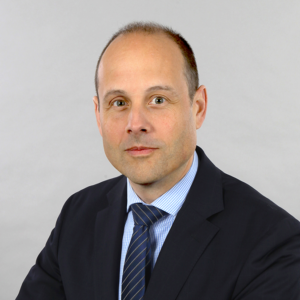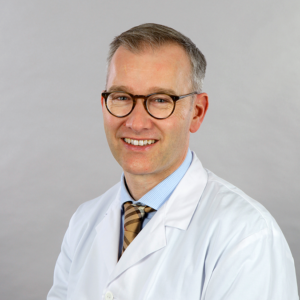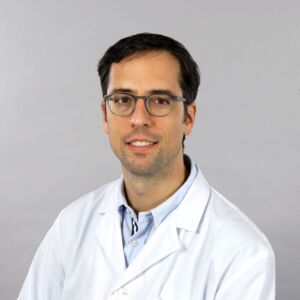Unfortunately, the detailed causes of sudden hearing loss are not known in most cases. Common theories are based on circulatory disorders of the inner ear, inflammatory changes in the area of the inner ear caused by viruses or an auto-immune inflammatory reaction. In most cases, there is probably a combination of different events that ultimately cause the inner ear dysfunction. Stress can also play a role here. If the problem is caused by excessive noise or a loud bang, then we speak of noise or bang trauma.
The problem is not visible in the ear, i.e. the examination of the eardrum with an otoscope or microscope reveals unremarkable findings. In addition to the clinical symptoms, the audiogram (hearing test) is therefore crucial for the diagnosis of sudden hearing loss. The audiogram confirms sensorineural hearing loss, also known as sensorineural hearing loss. If it is not possible to carry out an audiogram, the tuning fork can also provide valuable services. If a tuning fork is struck and placed in the middle of the head in the crown of the head, those affected only hear the sound in the healthy ear – and not equally loud in both ears, as is normally the case.
Treatment
A sudden loss of hearing is not an emergency, but a visit to a specialist should be indicated if the symptoms persist for more than 24-48 hours. Since the exact cause of sudden hearing loss is not (yet) known, the therapy is based on the model-like ideas we have about its development. As a rule, anti-inflammatory and circulation-promoting medication is used. The medication that is mainly used here is cortisone in various dosage forms. In our clinic, we start with a high-dose cortisone therapy in tablet form. If the patient has conditions that prohibit this type of therapy (poorly controlled diabetes, diseases of the immune system or immunosuppressive therapies), cortisone therapy with injections through the eardrum into the middle ear could be considered. Although this form of administration is more complex, it only leads to a local effect of the cortisone on the inner ear and thus avoids the possible unpleasant side effects for the entire organism. We also offer the injection of cortisone into the middle ear as a second-line therapy after unsuccessful initial treatment with cortisone tablets.
If the hearing loss symptoms persist for a longer period of time – even after adequate therapy – an MRI examination of the ear and adjacent structures is usually carried out. The aim is to rule out benign tumors of the auditory nerve or cochlea as the cause of the hearing loss. If such changes are ruled out by MRI and a pronounced hearing loss persists over a longer period of time, then hearing improvement using hearing aids can be considered. Depending on the extent of the hearing impairment, classic hearing aids, CROS hearing aids (radio transmission from the diseased ear to the healthy ear) and bone conduction hearing aids or – in the case of complete deafness – the cochlear implant are available.


